No bees in my Baltimore garden
echalmers
9 years ago
Featured Answer
Sort by:Oldest
Comments (16)
mhayes8655 zone4mn
9 years agocmonkey
9 years agoRelated Professionals
Taylorsville Landscape Architects & Landscape Designers · Arlington Landscape Contractors · Cambridge Landscape Contractors · Clayton Landscape Contractors · Cudahy Landscape Contractors · El Segundo Landscape Contractors · Hurricane Landscape Contractors · Long Branch Landscape Contractors · Longmont Landscape Contractors · Middletown Landscape Contractors · Mount Sinai Landscape Contractors · Parker Landscape Contractors · San Bruno Landscape Contractors · Thonotosassa Landscape Contractors · Landover Outdoor Lighting & Audio Visual SystemsWildflowergma
9 years agoprairiemoon2 z6b MA
9 years agoplaidbird
9 years agoToddPL
9 years agoToddPL
9 years agoJonathan29
9 years agojessi_lune
9 years agolazy_gardens
9 years agoeibren
9 years agoprairiemoon2 z6b MA
9 years agolavender_lass
9 years agoSCMG
9 years agoVicki Lunceford
9 years agolast modified: 9 years ago
Related Stories
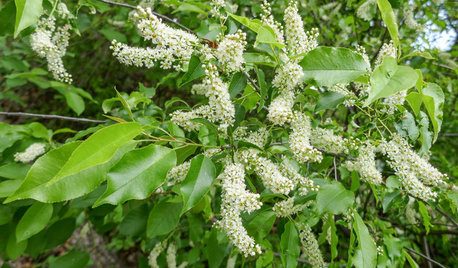
GARDENING GUIDESPlant Black Cherry Trees for the Birds and Bees
Plant Prunus serotina in the Central and Eastern U.S. for spring flowers, interesting bark and beautiful fall color
Full Story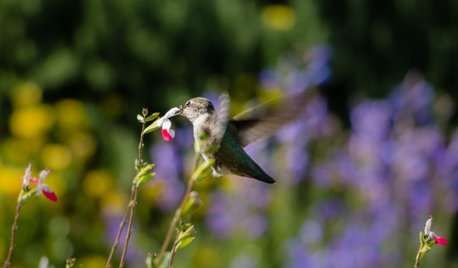
GARDENING GUIDESAttract Hummingbirds and Bees With These Beautiful Summer Flowers
Roll out a welcome mat for pollinators to keep your landscape in balance and thriving
Full Story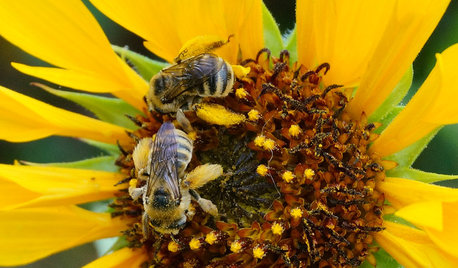
EARTH DAY12 Entertaining ‘Bee-haviors’ of Native Bees
The parade of pollinator antics is another reason to create a garden that nurtures native bees
Full Story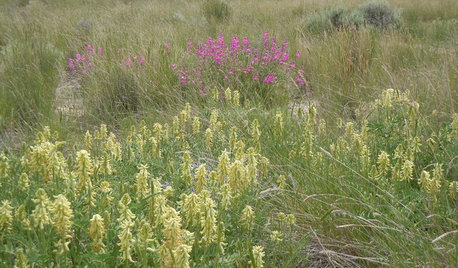
GARDENING GUIDESGreat Design Plant: Canadian Milkvetch Draws Bees and Birds
Its seedpods have visual appeal, but winged creatures are lured to Astralagus canadensis for more than its looks
Full Story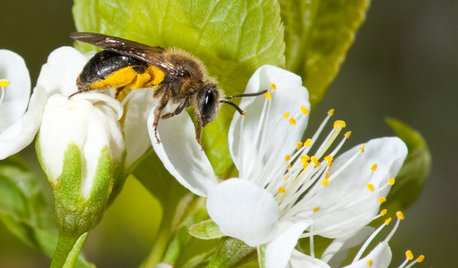
GARDENING GUIDESInvite Mining Bees to Your Garden by Planting Their Favorite Plants
Look for mining bees (Andrena) pollinating woodland wildflowers in U.S. gardens this spring
Full Story
GARDENING FOR BUTTERFLIESGardening for the Bees, and Why It’s a Good Thing
When you discover how hard bees work for our food supply, you may never garden without them in mind again
Full Story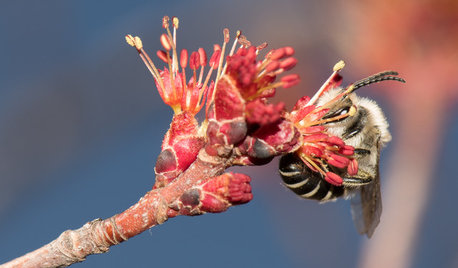
GARDENING GUIDESInvite Cellophane Bees to Your Garden by Providing Patches of Bare Soil
Look for cellophane bees (Colletes) pollinating flowering trees and shrubs in U.S. gardens this spring
Full Story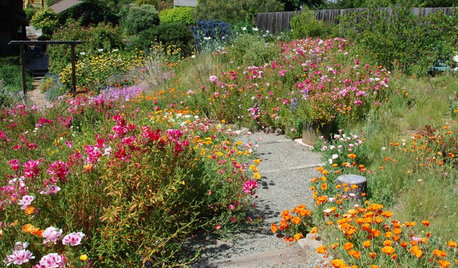
EARTH DAYHow to Design a Garden for Native Bees
Create a garden that not only looks beautiful but also nurtures native bees — and helps other wildlife in the process
Full Story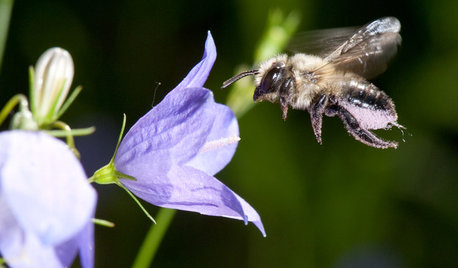
GARDENING GUIDESPut Out the Welcome Mat for Leafcutter Bees in Your Garden
Provide a diversity of flowering plants from spring through fall for these charismatic native bees, and you won’t be disappointed
Full Story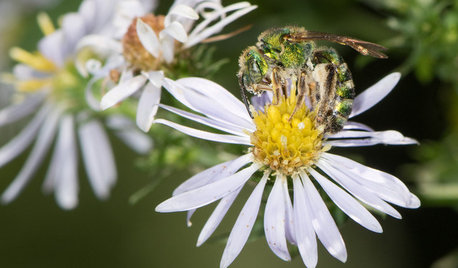
GARDENING GUIDESLook for Metallic Green Sweat Bees Visiting Your Garden This Fall
These beautiful sweat bees will dazzle and delight you with their bright emerald green color and midsummer and fall flower visiting
Full StorySponsored






theitaliangardenonyoutube